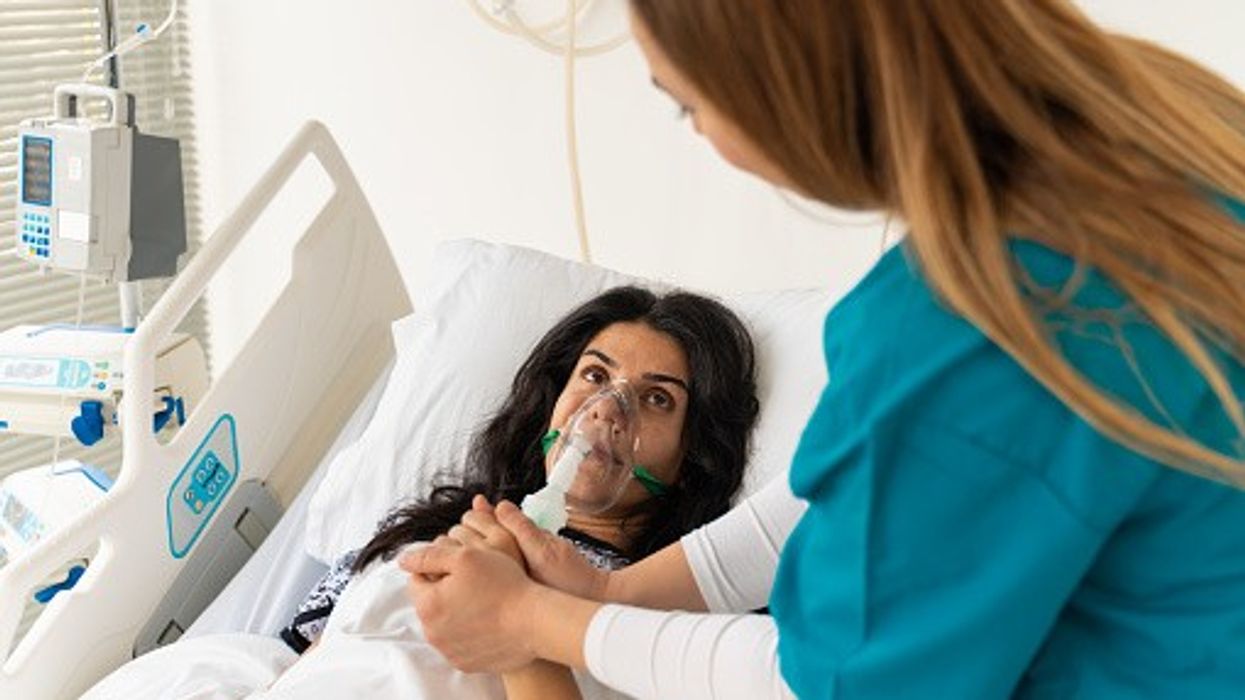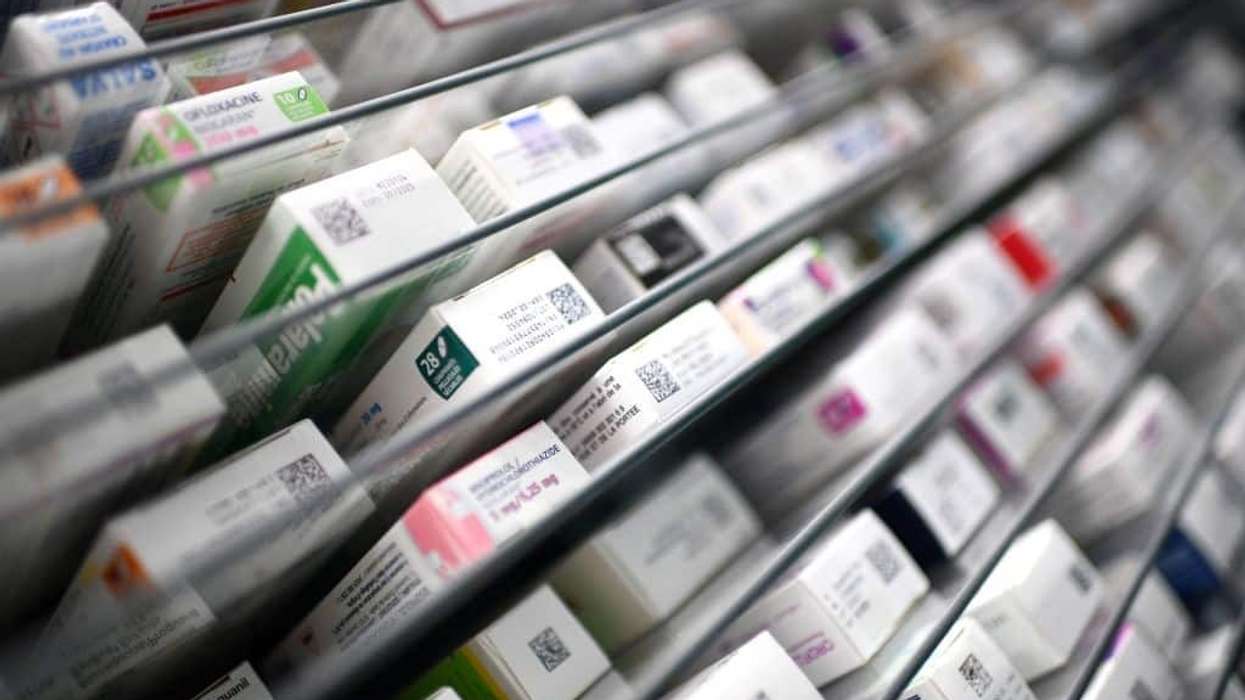People living in the 20% most deprived areas of England are almost twice as likely to be admitted to hospital with infectious diseases compared to those in the least deprived areas, according to a new report from the UK Health Security Agency (UKHSA).
The Health Inequalities in Health Protection Report shows that those living in the North West were particularly affected, with hospital admission rates for infectious diseases reaching 3,600 per 100,000 people—30% higher than the national average of 2,800 per 100,000 between September 2023 and August 2024.
Emergency hospital admissions were found to be substantially higher in the most deprived areas, including:
- Twice as high for respiratory diseases overall, and up to seven times higher for tuberculosis and six times higher for measles.
- Twice as high for invasive infections in general, and up to 2.5 times higher for sepsis
- 1.7 times higher for gastrointestinal diseases
The report also highlights stark disparities between ethnic groups. Emergency hospital admission rates for tuberculosis were 29 times higher for ‘Asian Other’, 27 times higher for ‘Indian’, and 15 times higher for ‘Black African’ individuals, when compared to ‘White British’.
Areas of high levels of deprivation also experience higher levels of air pollution than less deprived and less ethnically diverse areas.
Dr Leonora Weil, deputy director for health equity and inclusion at UKHSA, said that these health inequalities were “avoidable, pervasive, and preventable.”
“That is why it is so important to shine a light on these findings to increase action to support communities to live longer and in better health.”
“Going forward our data and analysis of the evidence will help us, and our partners apply a health equity lens to all our health security work, to inform how we better target effective health services and wider interventions to those most at need,” he added.
In addition to the social, physical and mental health costs, health inequalities also have a significant economic burden.
The NHS spent an estimated £970 million to £1.5 billion on emergency infectious disease hospital admissions in 2022–23.
Infectious diseases also accounted for more than 20% of all hospital bed usage last year, costing the NHS nearly £6 billion in 2023–24.













